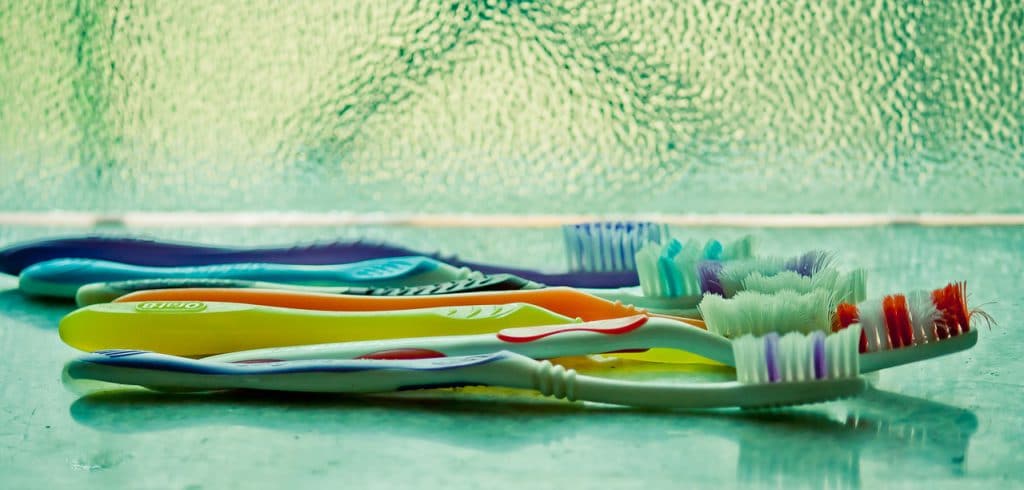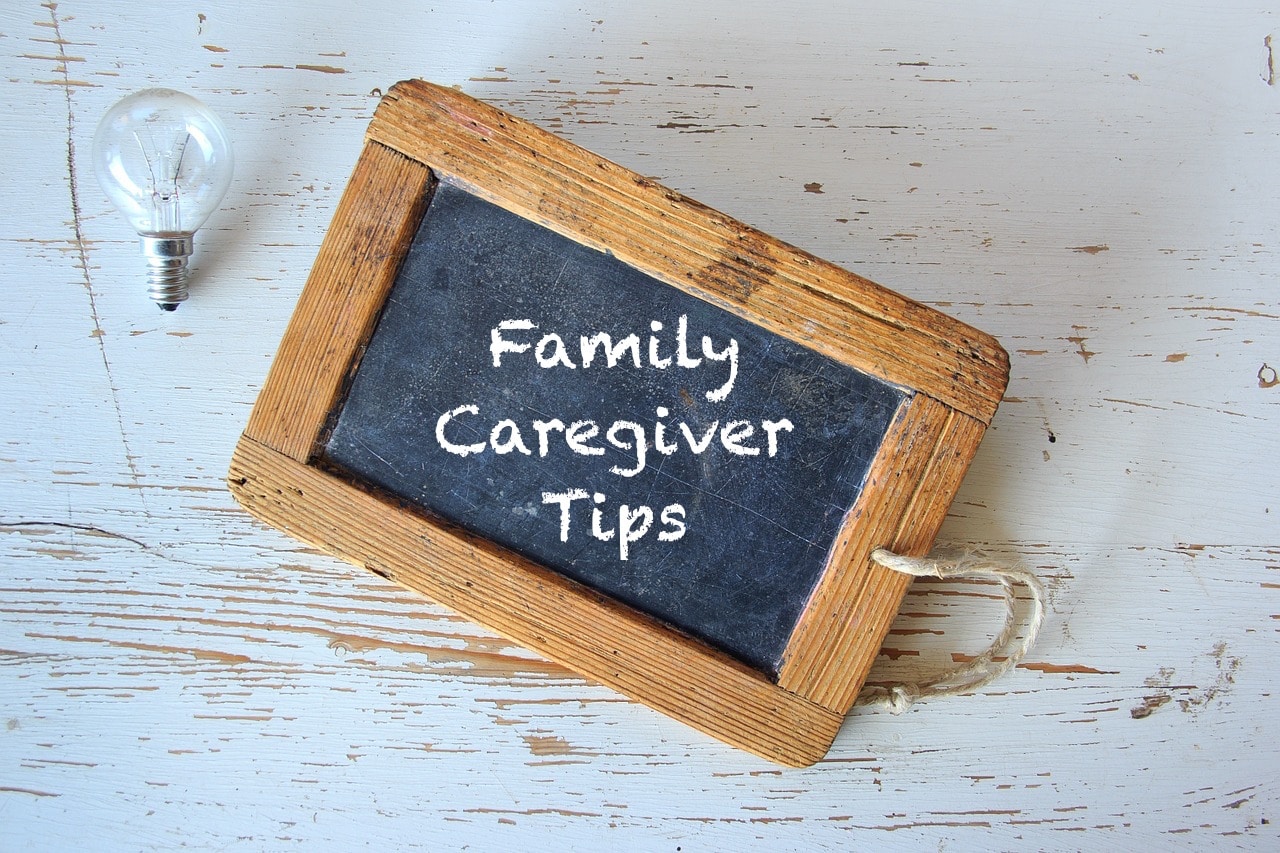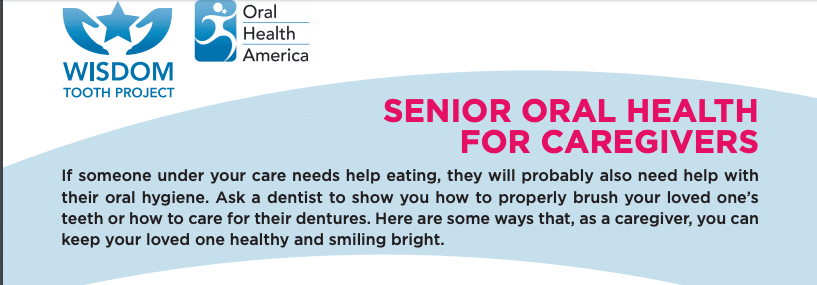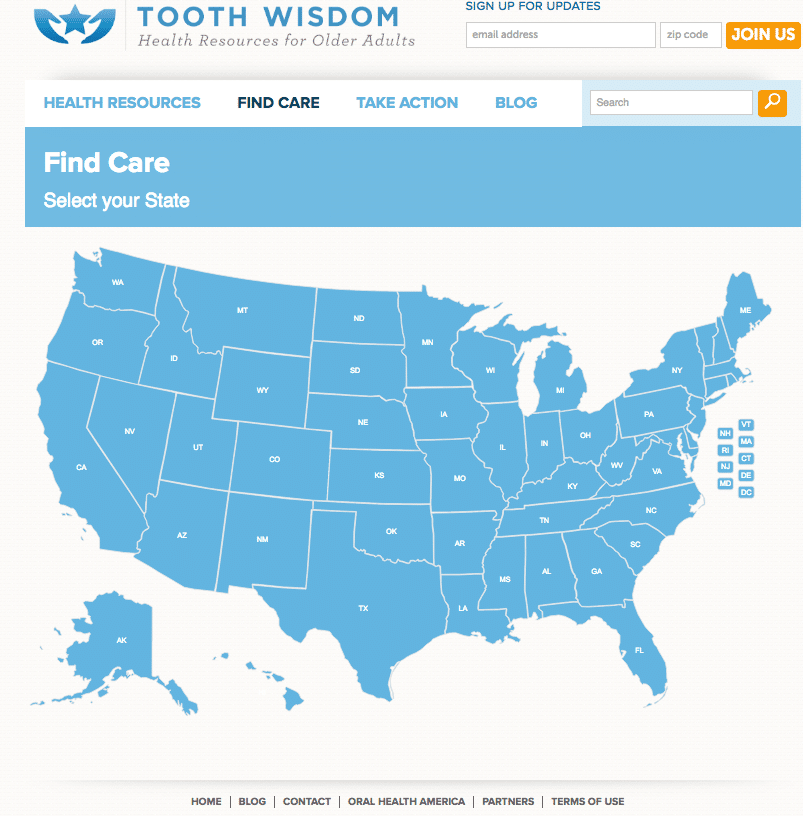Oral Care & Caregiver Tips

Good Oral Care Isn’t Just for the Young!
We hate to add one more thing to a caregiver’s list of daily “to do’s”. BUT, this often overlooked and potentially serious set of issues deserves your attention. Too few caregivers are aware of the need to place oral hygiene high on the list of care monitoring. Learn some obvious and not such obvious reasons why oral care in older adults is important for to help maintain, and valuable tips you can use.
DISCOVER
(Click to See Answers)
What's most important for me to know?
- According to health industry experts, such as the Oral Health America, American Dental Association …to name a few, below are some of their top citations surrounding the health risks of poor oral health in older adults:
- Gum Disease. Linked to heart disease, stroke and diabetic complications, gum disease can wreak havoc with your loved one’s health. And, obviously gum disease can lead to loss of teeth, in turn leading to increased issues with eating, getting proper nutrition and infectious diseases.
- Mouth Cancer. Affecting the mouth, throat, tongue, this cancer is most easily detected early during dental visits. Usually silent until the much later stages, lives can be saved through regular exams during the routine trip to the dentist.
- Dry Mouth. From medications, related to medical conditions such as diabetes, or simply part of aging, dry mouth can lead to serious oral disease, including painful and costly root cavities later in life and gum disease. Dry mouth can also make it more difficult to chew, speak and swallow.
- Diabetic Complications. Diabetics are twice as likely to develop gum disease, making it more difficult to control blood sugar levels and to avoiding dry mouth.
Are the same concerns true if they have no teeth at all?
How can missed tooth brushing and denture cleaning make someone sick?
According to the American Dental Association , Persons confined to bed, persons with physical limitations, or those who have difficulty remembering to brush their teeth or care for their dentures, are at high risk to developing pneumonia from inhaled bacteria, simply because attention to oral health falls by the wayside amidst all the other tasks of caring that must be done.
FAST FACTS
Click Image Below for Quick Tips
NOW WHAT?
Tools & Resources at Your Fingertips
Take Action

Oral Care Tips for Family Caregivers
- Help maintain daily oral care routines. This includes brushing and flossing. Use fluoridated toothpaste.
- Watch what they eat and drink. Drinking fluoridated water is just as important when you are older, as it was when you were younger. Avoid things that are linked to worsening oral health, such as tobacco, alcohol, foods high in sugar, foods that are sticky and high in carbs. In cases of dry mouth, avoid caffeine too.
- Keep Routine Visits to the Dentist. See their dental provider regularly, even if they have no natural teeth!
- Hydrate, Hydrate, Hydrate. Know whether medications they are on can cause dehydration and dry mouth. Watch how much water or hydration they are taking in from other sources daily.
- Chew Sugarless Gum and Mints or Use Sugarless Lozenges. Stimulate salivation to offset dry mouth. Did you know that especially those with Xylitol are good for you? Xylitol is a natural sweetener that protects teeth!
- Use Over-the-counter saliva substitutes, oral moisturizers, mouthwash and sprays. Find one of these to help keep the mouth hydrated.

